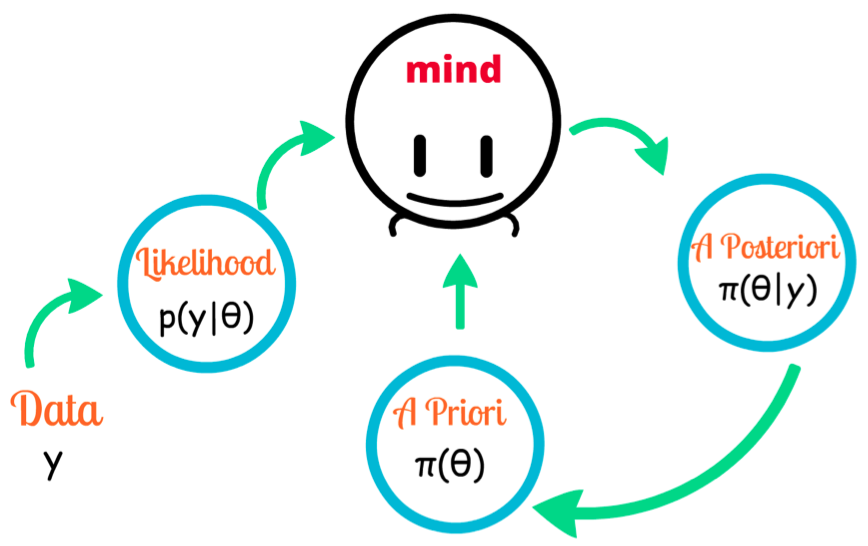Completion of Phase-I
26 June 2020

Hi everyone, this is Piyush and I am here with the 5th iteration of my series of blogs depicting my journey in the GSOC program. If you haven’t read my previous blogs, you can do so here and keep up.
The first phase of coding period started on June 1, 2020. I started following a fixed schedule starting from this period. I allotted a minimum of 5 to 6 hours daily and more hours during weekend. This helped me maintain the balance between my personal life and work life.
I first started on the html_repr of the InferenceData object for jupyter notebooks. This implementation is based on xarray's. I chose this to start because this will enable me to easily check the other methods that'll be added in the future. The pull request for html_repr is already merged and it is up and running in the example cookbook. You can check out this awesome feature here.
Then I moved on to extend other methods from xarray.Dataset. I first started with converter methods to be implemented in InferenceData object. I started working on to_dict method, which will allow the user to convert the InferenceData object to a dict. As ArviZ already has arviz.from_dict method, the new method needs to be compatible with it. So, that we can do something like az.from_dict(**idata.to_dict()) and still get the same idata. While working dual compatible to_dict, I also end up improving the az.from_dict too. I added attrs and warmup group support to az.from_dict. The PR is currently active and is in the process of being reviewed.
Then I move on to extend xarray.Dataset methods to InferenceData object. sel was already implemented, so based on same structure I implemented isel, rename, rename_dims, rename_vars, stack, unstack for InferenceData object. I am also done with the testing of these methods. The PR is open and is currently being reviewed. To extend further methods from xarray.Dataset to InferenceData object, I also created a wrapper function:
def extend_xr_method(func):
@functools.wraps(func)
def wrapped(*args, **kwargs):
_filter = kwargs.pop('filter_groups', None)
_groups = kwargs.pop('groups', None)
_inplace = kwargs.pop('inplace', False)
self = args[0]
args = list(args)
out = self if _inplace else deepcopy(self)
groups = self._group_names(_groups, _filter)
for group in groups:
xr_data = getattr(out, group)
args[0] = xr_data
xr_data = func(*args, **kwargs)
setattr(out, group, xr_data)
return None if _inplace else out
return wrapped
Using this wrapper, new methods xarray.Dataset can easily be extended to InferenceData object.
During this whole time, the mentors were very helpful and cleared all my doubts on channel or on the PR itself. They regularly reviewed my work and suggested changes. This motivated me to remain focussed on my work. The phase I of coding period is almost over and am enjoying my work. Peace out.